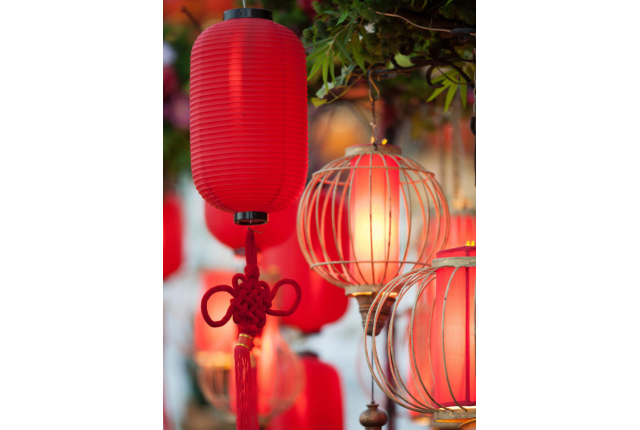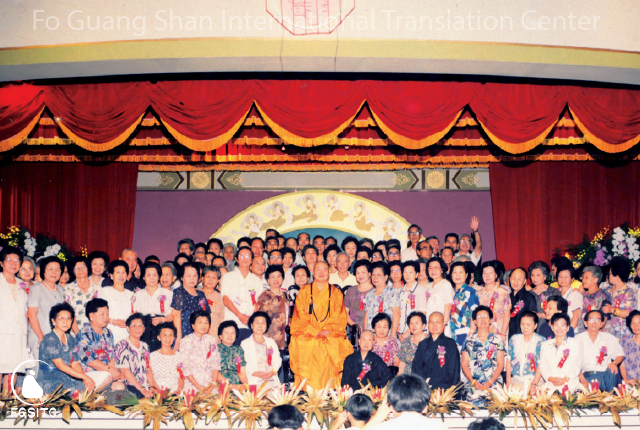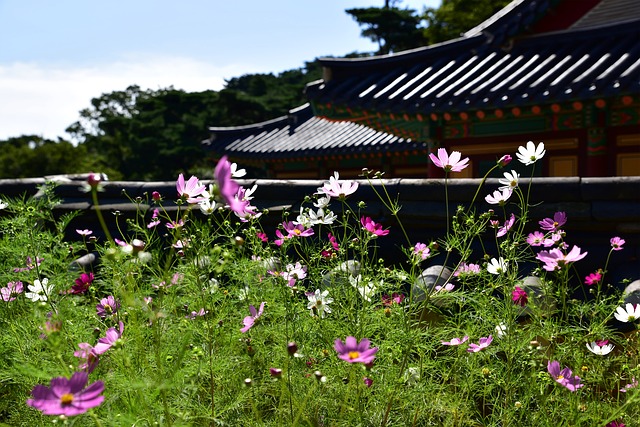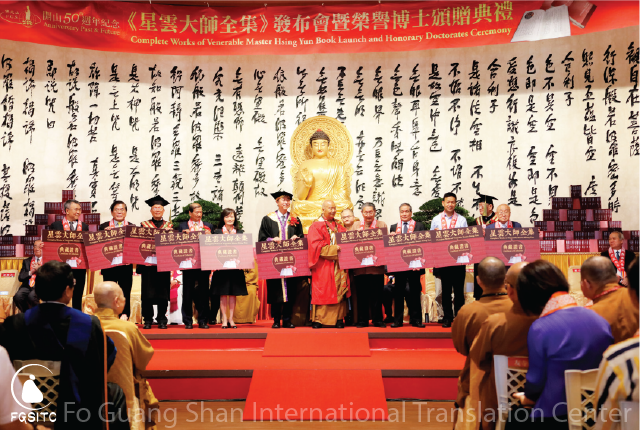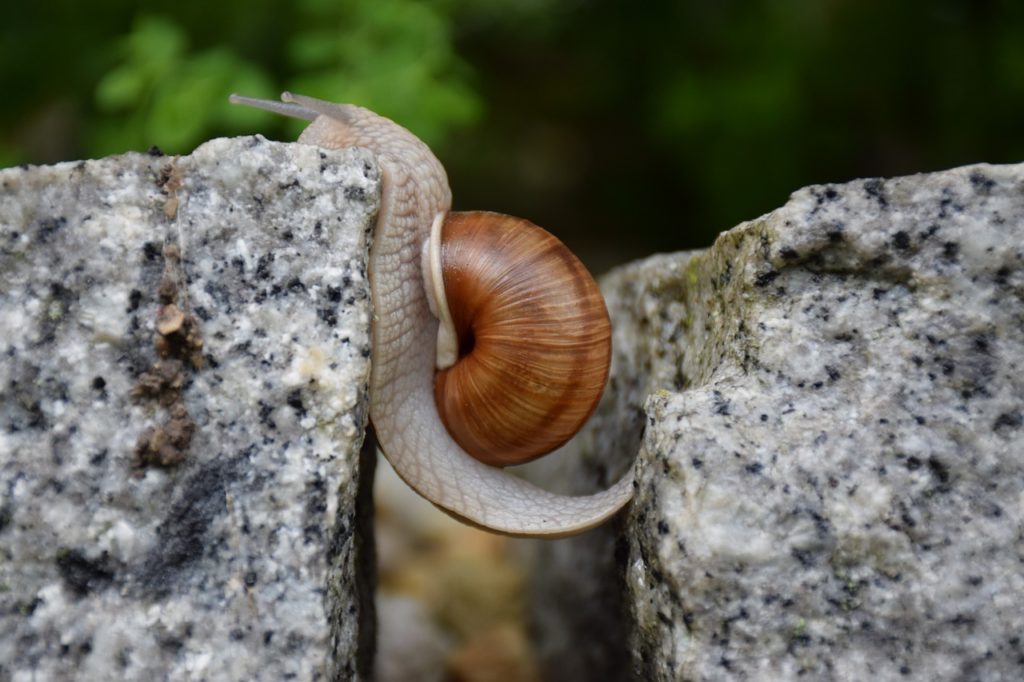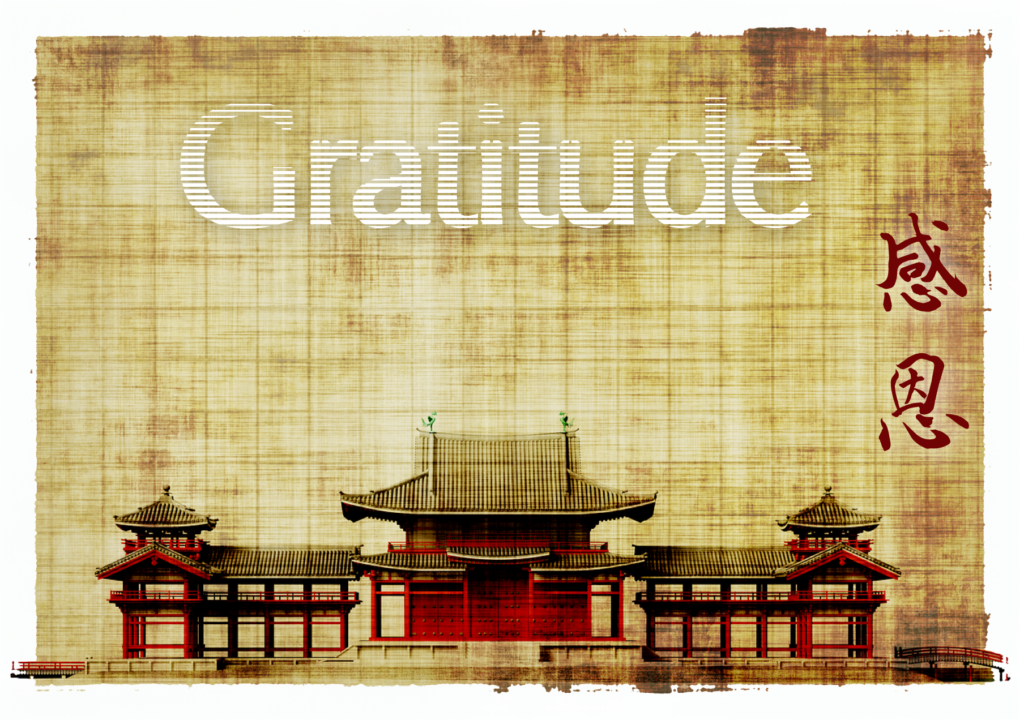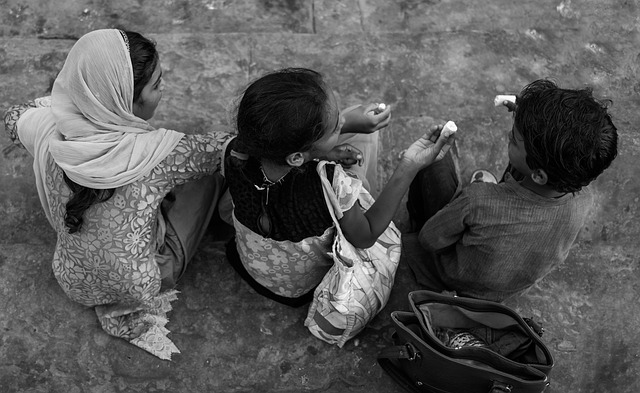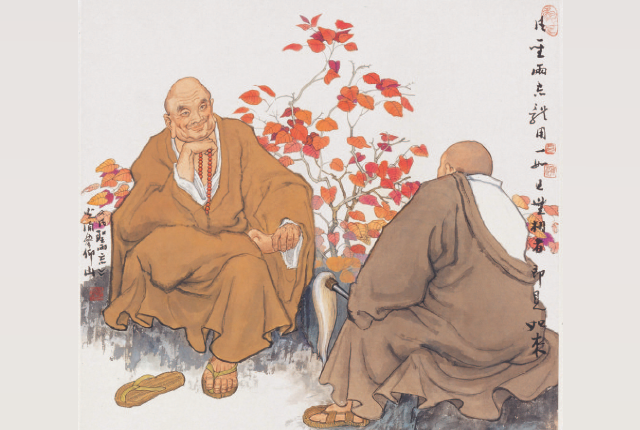Offering lamps at Buddhist temples and stupas is a common practice. The Flower Adornment Sutra says,
The lamp of wisdom can break through all forms of darkness.
As such, lamps represent the light of wisdom that pierces through the darkness of ignorance. This empowers sentient beings encumbered by confusion.
The Buddhist practice of offering lamps originates from the
actions of a poor girl named Nanda. Her story can be read in The Prophecy of King Ajatasatru Becoming a Buddha Sutra, which tells us that the merit for offering a lamp can ever lead one to become a Buddha.
The purpose of a lamp offering is to light the lamp of the mind. What is the lamp of the mind? Wisdom, intelligence, loving-kindness, compassion, joy, equanimity, and a sense of shame are all lights for the mind. When the lamp is lit, our Buddha nature, brilliance, and purity all appear.
Merit does not depend on the size of the offering, but rather on the depth of sincerity with which a gift is given.
Everyone can become a lamp that can illuminate the hearts of others. If you are knowledgeable, you can become a lamp of knowledge. If you are deeply ethical, you can become a lamp of morality. If you are especially capable, you can become a lamp of strength and perseverance. If you are deeply caring, you can become a lamp of loving-kindness and compassion. When you shine light in these ways, others will grow closer to you. We should all strive to become lamps for our families, our communities, and the whole world. Through our actions, society will gradually become brighter and more peaceful.
The Different Karmic Effects Spoken to Elder Shoujia Sutra says there are ten merits of offering lamps:
- First, they bring light to the world.
- Second, no matter where one is reborn, one’s eyes will be undamaged.
- Third, one will gain heavenly vision.
- Fourth, one will gain wholesome wisdom and the ability to differentiate between wholesome and unwholesome phenomena.
- Fifth, the great darkness will be dispelled.
- Sixth, one will gain illuminated wisdom.
- Seventh, one will receive great merit.
- Eighth, one will never be reborn in a realm of darkness.
- Ninth, at the end of one’s life, one will reborn in a heavenly realm.
- Tenth, one will quickly realize nirvana.
From Ten Paths to Happiness, written by Venerable Master Hsing Yun.

